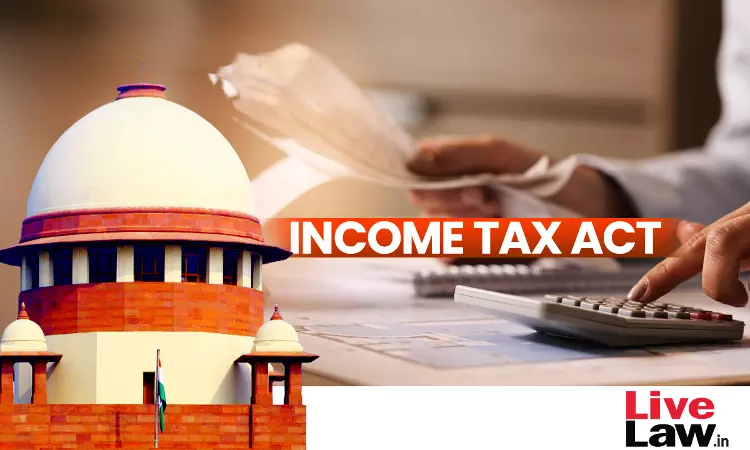Next Story
18 Feb 2024 1:32 PM IST
2015 amendment to Section 153C of Income Tax Act will apply to searches conducted prior to the date of amendment. 2023 LiveLaw (SC) 274Amendment brought to Section 153C of the Act, 1961 vide Finance Act, 2015 shall be applicable to searches conducted under Section 132 of the Act, 1961 before 01.06.2015, i.e., the date of the amendment. (Para 11) 2023 LiveLaw (SC) 274Carrier of Goods not...

